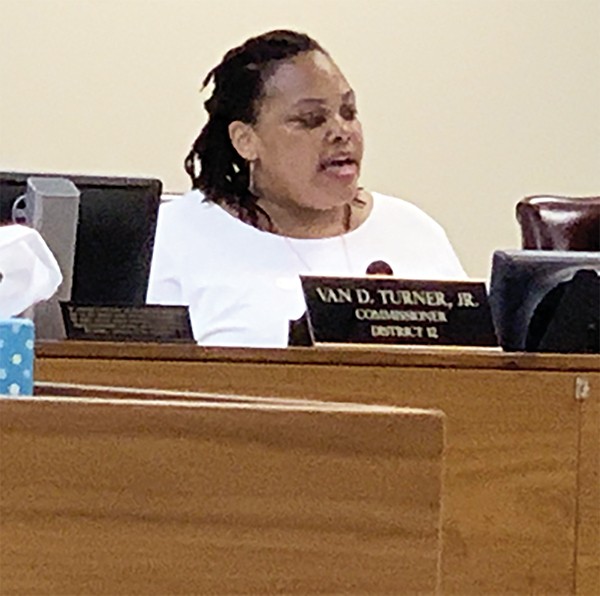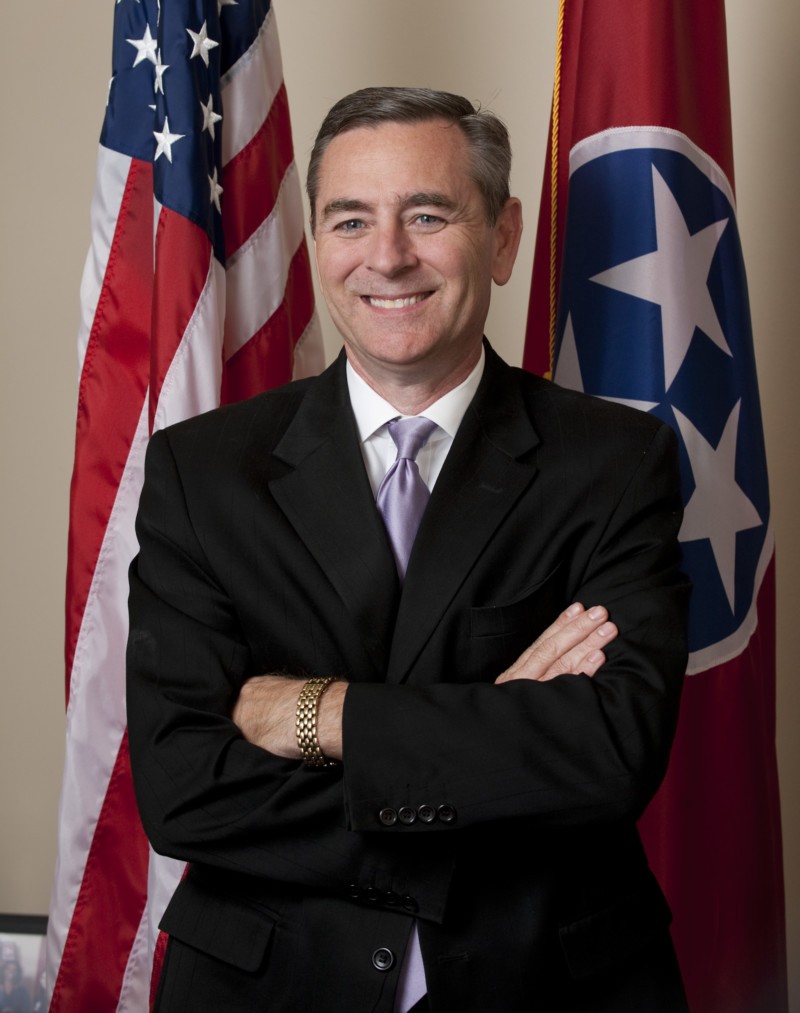In May — with help from legally questionable arm-twisting by disgraced and soon-to-be-deposed House Speaker (and general all-around sleazebag) Glen Casada — the Tennessee General Assembly passed an education voucher bill. It was not an easy birth. In fact, the House vote was deadlocked until Casada went into a back room and promised a Knoxville legislator his district would not be affected by the bill. That legislator then conveniently changed his vote.
And that’s how, after much wrangling and behind-the-scenes deal-making, a law was passed that allows 5,000 low-income families in Nashville and Memphis to apply for $7,300 vouchers to use toward purchasing tuition at private schools. “Low-income” is defined as making no more than $65,000 a year for a family of four.

Glen Casada
Does anyone else find it odd that the state’s GOP-controlled legislature thought so little of this bill that they limited its jurisdiction to Memphis and Nashville? I sure do. I mean, if it’s such a great idea, why wouldn’t these lawmakers want the voucher bill to apply to their own districts? The answer is, because they know vouchers would divert funds from their public school systems and tick off their constituents, who would rightly see it as giving public money to private for-profit and religious schools.
But when it comes to those of us living in the state’s largest two cities, the rubes who dominate the legislature are all too eager to bend us to their will, whether it’s outlawing living-wage legislation and minority hiring regulations — or, you know, taking down Confederate statues (which really pissed them off). Most likely, they thought, “Hey, let’s shove this bulls**t voucher thing down Memphis’ and Nashville’s throats and see what happens. That ought to irritate them liberals and uppity black folks.” And, of course, the voucher law has the sweet added benefit of padding the revenues of private schools — and pleasing their lobbyists.
This is a boondoggle. Giving people public taxpayer funds to pay for private schools is nothing more than an incentive to get them to pull their children out of public schools — at a time when weakening public education is the last thing we need to be doing.
And it gets worse. Private schools are under no obligation to accept any voucher student they don’t want. They can be selective. My guess is they’ll be more than happy to welcome $7,300 of our hard-earned money from, say, the family of a star running back and not so eager to welcome a troubled minority kid or a child with family problems or, horrors, a Muslim kid.
This bill is being backed hard by Governor Bill Lee, who’s now pushing to implement the voucher program for the 2020 school year, rather than waiting until 2021, when the law is supposed to take effect.
Chalkbeat.org, a nonprofit news organization that covers education, has reported extensively on Tennessee’s voucher bill. I highly recommend reading their coverage (and supporting their work). In a recent article, Representative Mike Stewart of Nashville was quoted as saying, “In places like Arizona, vouchers have been a rolling disaster marked by outright fraud and theft. We can expect the same thing to happen in Tennessee. … The whole point is to take millions of dollars away from public schools as soon as possible and then to dole them out to Governor Lee’s cronies, who have been pressing for vouchers since he got in office.”
If Lee’s proposed expedited schedule goes into effect, families in Memphis and Nashville would start getting the “education savings accounts” next summer. All this will engender lawsuits, of course. Attorneys for the affected school districts are expected to challenge the bill, primarily on the grounds that it unfairly singles out the Nashville and Memphis school systems. Immigrant rights groups are considering legal action because the law denies vouchers to children whose parents entered the country illegally, even if the children are citizens.
The state is also required by the voucher bill to “vet” private schools. What will that look like? Will the vetting involve looking into religious schools’ curriculums? Will our tax dollars go to support church-affiliated schools? Of course they will. Separation of church and state is so … old school.
And here’s my favorite part: If the state can’t find enough impoverished families to fill the 5,000 designated spots, higher-income families can apply, even if their kids were already set to go to private school.
Bottom line: The Republicans are running an experiment with the Memphis and Nashville school districts and using our money to do it. Our kids are the lab rats.
 Jackson Baker
Jackson Baker  Jackson Baker
Jackson Baker  Jackson Baker
Jackson Baker 




